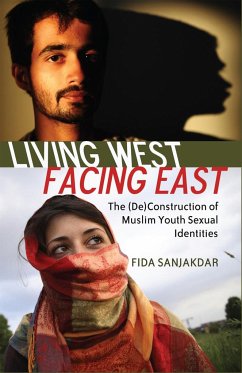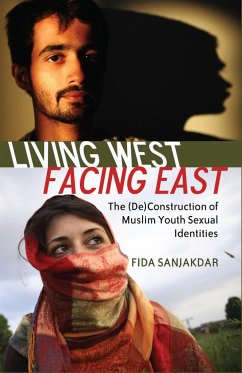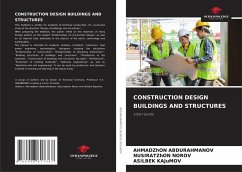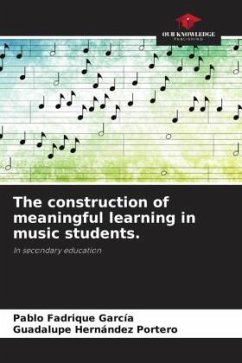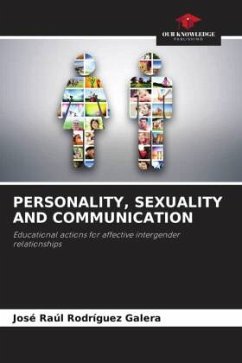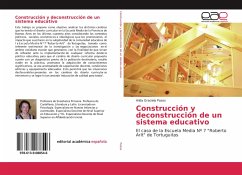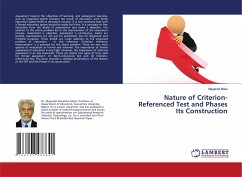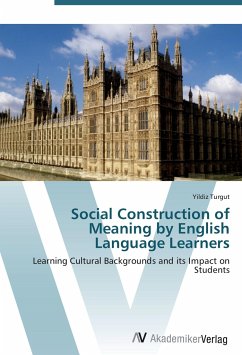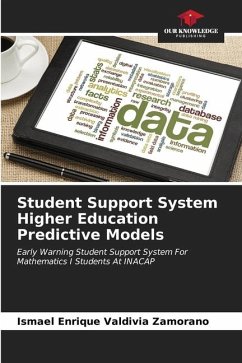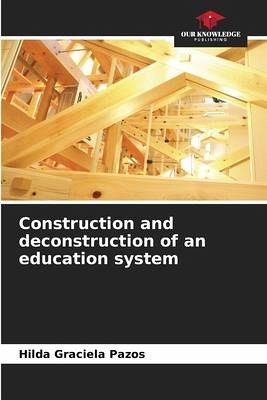
Construction and deconstruction of an education system
Versandkostenfrei!
Versandfertig in 6-10 Tagen
36,99 €
inkl. MwSt.

PAYBACK Punkte
18 °P sammeln!
The aim of this paper is to analyse the different changes that have taken place in the curriculum design in the Middle School of the Province of Buenos Aires over the last forty years, considering the political, social, economic and ideological contexts that promoted them, the impact they had on the subjectivity of the educational community of Middle School Nº7 "Roberto Arlt" in Tortuguitas, taken as a testimonial reference for the research, and the negotiations that they generated in the daily school environment, The aim is that they serve as a reflection before the implementation of any ref...
The aim of this paper is to analyse the different changes that have taken place in the curriculum design in the Middle School of the Province of Buenos Aires over the last forty years, considering the political, social, economic and ideological contexts that promoted them, the impact they had on the subjectivity of the educational community of Middle School Nº7 "Roberto Arlt" in Tortuguitas, taken as a testimonial reference for the research, and the negotiations that they generated in the daily school environment, The aim is that they serve as a reflection before the implementation of any reform from the educational policy, so that the proposed change of curricular design has a previous diagnosis of the target population, is viable in practice, promotes the acquisition of significant knowledge, is accompanied by teacher training, adequate building conditions and equipment. This will allow the unfavourable situations present in curriculum design changes to be minimised and the longed-for "quality education for all" to be achieved.



